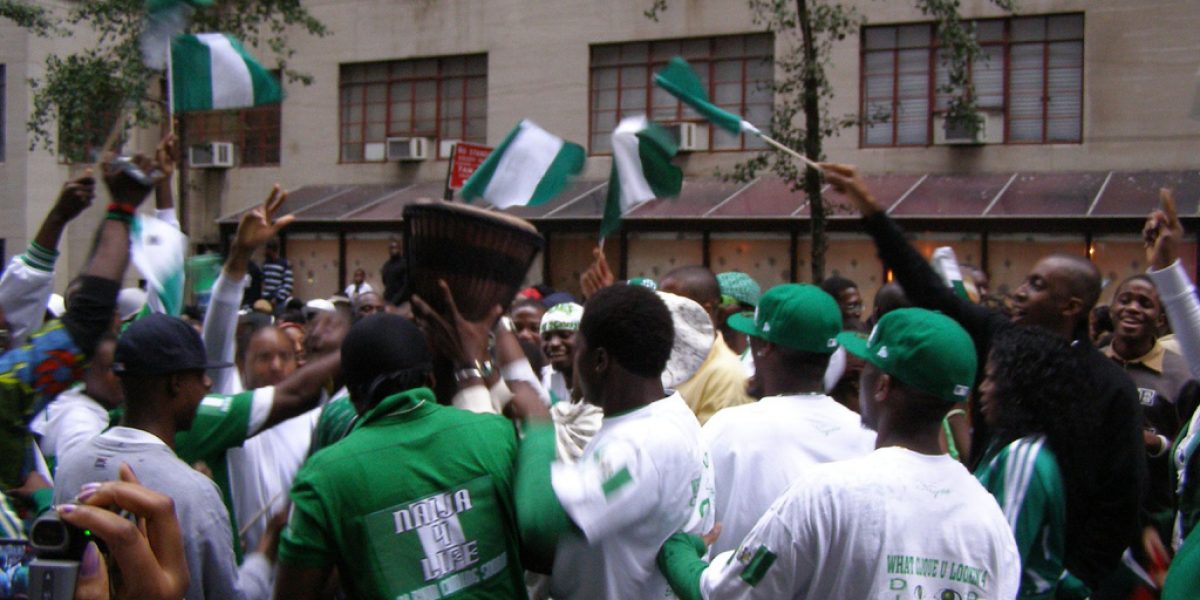This is particularly in relation to its choice either continue or change the policies pursued by erstwhile military regimes. Also of interest has been the country’s ability to balance its obligations as a regional power, expectations as a continental leader and aspirations as a global actor. Although Nigeria continues to be active in regional and continental politics, its relations with major global powers, both traditional and emerging, have been equally important, especially as key domestic and external developments have received international attention.
The paper examines Nigeria’s recent relations with global powers. It posits that these have been influenced more by domestic considerations than by the wider regional and continental pursuit of prestige that had hitherto formed the cornerstone of Nigeria’s foreign policy. While pursuing domestic political stability, the country has also recognised the need to develop its international diplomacy. Although its relations with global powers may continue to experience hiccups, Nigeria’s significant economic potential is likely to ensure that it remains of considerable importance to all global actors.








